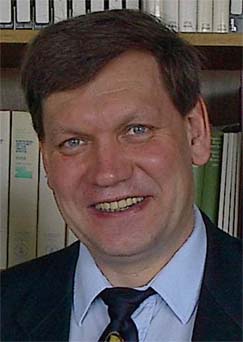Why Study Longevity?
Dear Colleagues,
I would greatly appreciate your advice on how to respond to this criticism of longevity studies:
==============
"The uniqueness of people with exceptional longevity and the focus on tail event longevity limits the overall value of longevity studies because living to 100 is a rare event. Animal studies including genetic animal studies as well as human studies suggest that, short of dramatic medical advances that increase longevity for a large proportion of the population, living beyond 100 years old is largely a random event. A random event still has causes; it merely suggests that a large number of factors may exert an impact individually or jointly. The usefulness of identifying longevity factors is limited. Even if some longevity factor is more represented among centenarians, this information may be of limited use because the probability of a centenarian among people with this particular longevity factor is still so small. Many unknown factors could be at work."
==============
Please advise. Thank you!
I would greatly appreciate your advice on how to respond to this criticism of longevity studies:
==============
"The uniqueness of people with exceptional longevity and the focus on tail event longevity limits the overall value of longevity studies because living to 100 is a rare event. Animal studies including genetic animal studies as well as human studies suggest that, short of dramatic medical advances that increase longevity for a large proportion of the population, living beyond 100 years old is largely a random event. A random event still has causes; it merely suggests that a large number of factors may exert an impact individually or jointly. The usefulness of identifying longevity factors is limited. Even if some longevity factor is more represented among centenarians, this information may be of limited use because the probability of a centenarian among people with this particular longevity factor is still so small. Many unknown factors could be at work."
==============
Please advise. Thank you!


